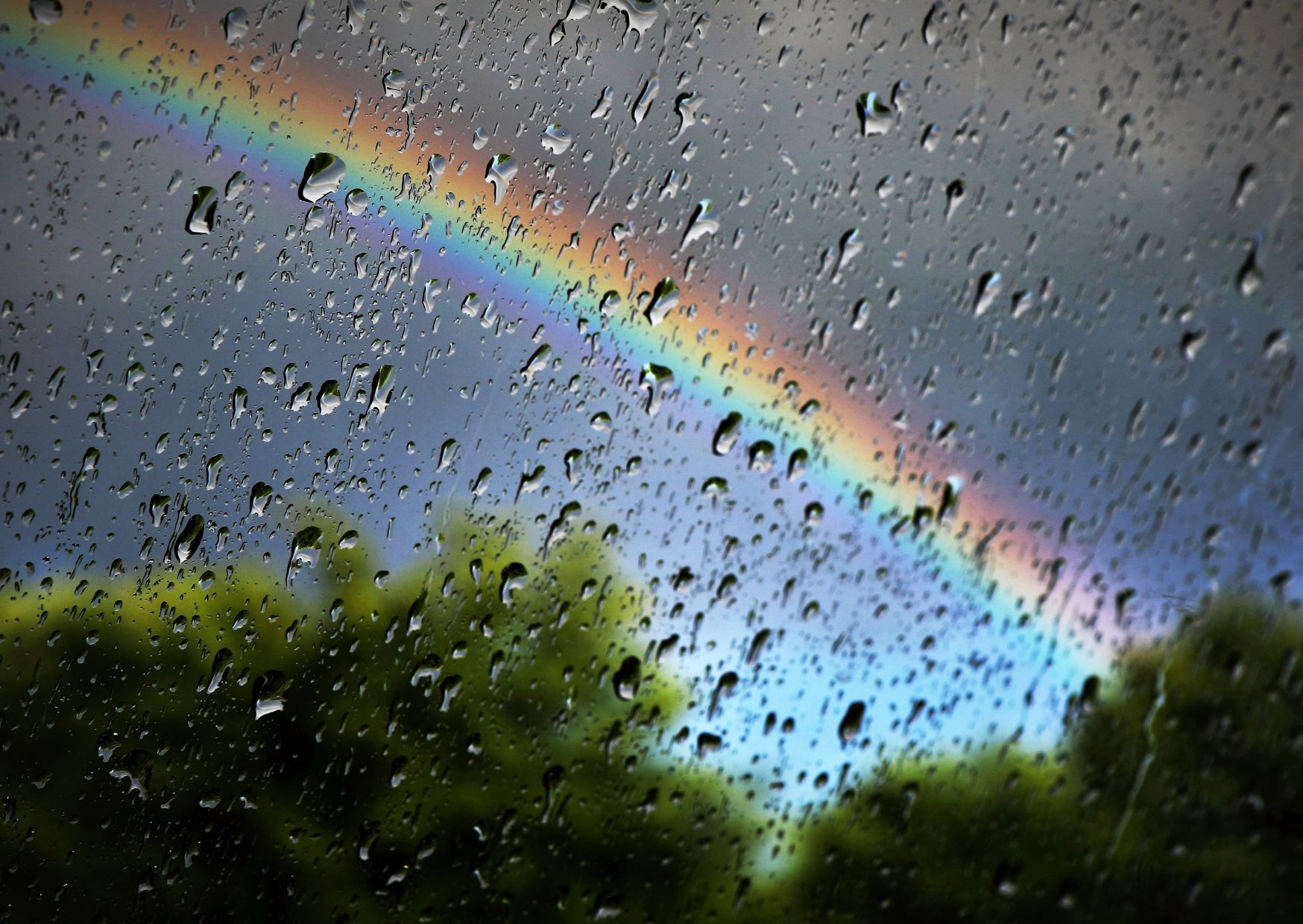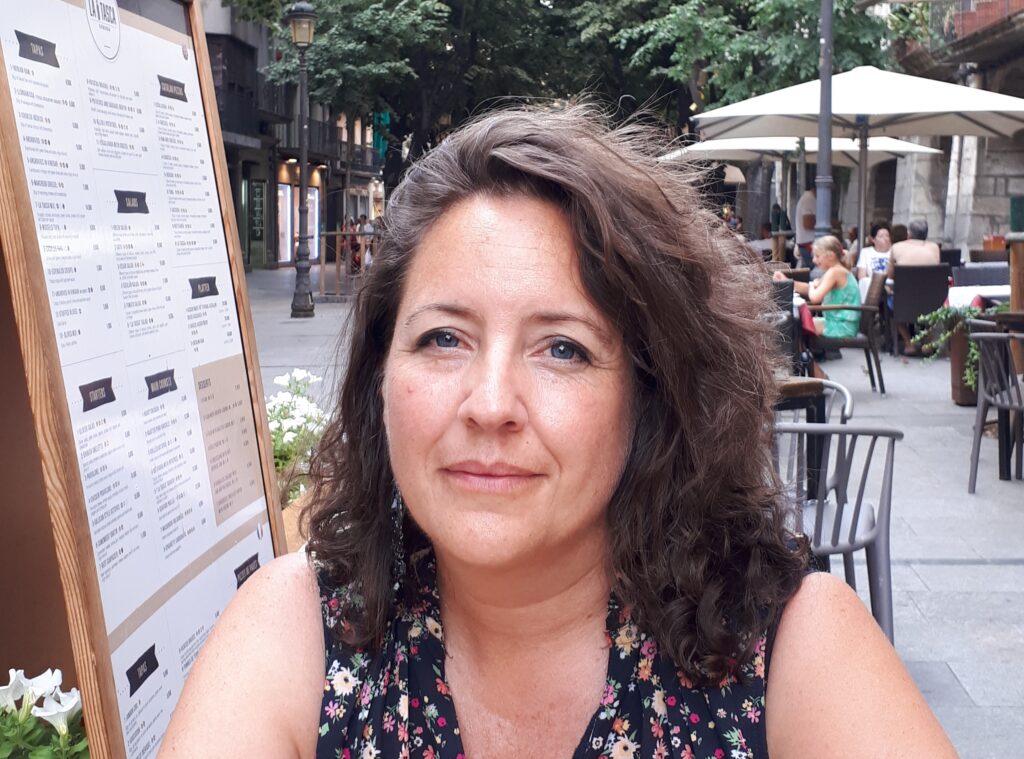At home
As I searched for my weekly shop of fruit and vegetables at a small local farmer’s market this week, I was suddenly struck with the lack of bananas on the stalls. Usually I pick them up with the supermarket shop. One of my son eats them almost daily. But on reflection, it’s obvious when you take a moment to think. Where on earth would you be able to buy bananas in the south of France that have been grown locally. As it is we are lulled into a false sense of security that the bananas in the shopping aisle are from France as the big labels reassure us. But honestly? No. They are from one of the old French colonies, either Guadeloupe or la Reunion to name but a few. Yes, they are French, but mainland France? Not a chance. A form of green-washing perhaps?
So this leads me to the next thought. As we sit there eating our bananas, do we really take the time to question, and I mean really question where our food comes from? Already I have been tackling the topic of food waste and we even managed for a five-person family, produce just one bag of waste in one week. Amazing for us. Admittedly this week it was three, these small successes need to be treasured and built upon. What is the saying? “Rome wasn’t built in a day”?
Carbon footprints
So back to this banana. How did it travel? On the plantations, (not in Europe) they are cut down and carefully packaged into boxes. Each one is clearly labelled with it’s origin. They are then taken to ports and placed onto carrier ships at 13.3°C and after a voyage of around six to twelve days they are then offloaded onto trucks and delivered to forced-ripening centres where specific conditions are instigated to mature the green bananas into something that can be sold. Only then are they ready to be transported to your friendly supermarket. From there they are put into ‘cool’ storage areas until needed in the shop.
We can only image the carbon footprint bill for just one banana. I understand it is better than the fruit that are shipped in by plane, however can you really tell me that transporting this one fruit across the world can be good for the environment?
Local life
Going back to the source of the fruit, we quickly realise the effects this cash crop also has on the local populations, the natural environment and the social inequity between the western world and theirs. The plantations are generally monocultures planted on virgin land without consideration of the natural ecosystems or the landscapes. Due to the fragility of the plant, pesticides and chemicals are used freely to stop disease and even the blemishing of the fruit. Who wants a “black bit” on a bright yellow banana? The working conditions of the plantation workers are far from salubrious, where wages are embarrassing and rights of workers often ignored.
Commercialisation
Working as a grocer in a major supermarket chain I could see at first hand the price wars supermarket chains go through to gain that extra client, to achieve that extra “dollar”. But have you ever thought what happens to the people at the end of the chain if you are suddenly buying bananas at 1€ a bunch or are you (like me) too happy to be in the store at the right time for that fantastic deal?
I know I have. You pile a couple of bunches in the trolley without even an afterthought. And yet how can we now afford to be so naive. I know I have for years. I have heard and even said all the excuses. But really?
Bananas from the tropics. Are they really responsible shopping for a sustainable lifestyle?
Take a step back
Perhaps the choice of fruit at the farmer’s market is not to our liking. Perhaps there is not as much choice because it is autumn or winter. But isn’t that the point of shopping to the seasons? You wait in anticipation for those wonderful apples in the autumn or the strawberries in the summer. The farmer’s market doesn’t have the same substantial choice at knock down prices as your supermarket Do you need to shop with an “apple-shaped stencil” or in the end does it really matter? The produce could be knobbly, slightly bruised, misshapen or a slightly different colour we are used to. It will however still be a carrot, an apple or a even a potato.
Reflections
Part of my journey this year has been not just trying to live sustainably but also to make considered choices and to try and change ingrained habits. As food prices sky rocket and the cost of living becomes higher it does make all of our lives more complicated when going to find food to put on the table. If we are constantly presented with fruit that is extremely cheap and well known to be healthy, the average person (including me) will be hard pushed in the end to not buy that that humble banana for their children, their families.
Or just maybe we won’t.
MidLife Crisis In France
COPYRIGHT Ⓒ 2023












